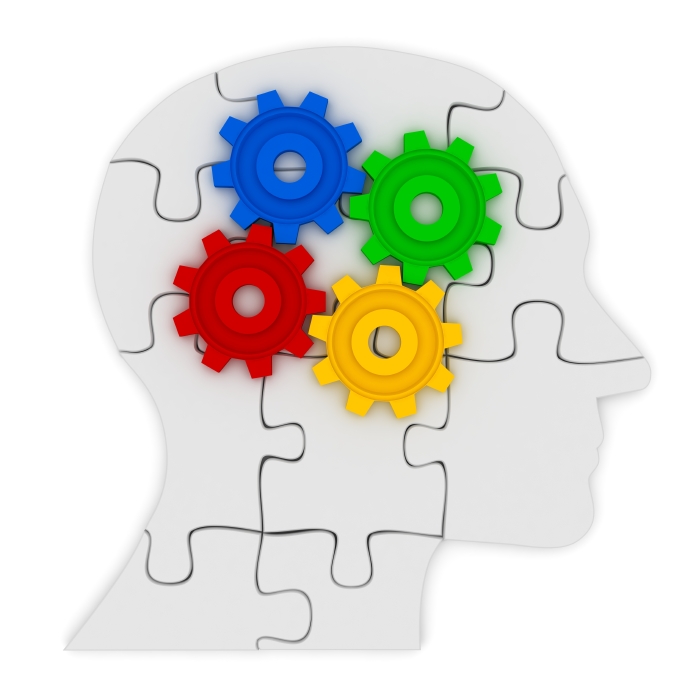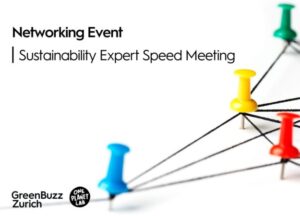Information is freely available over the internet, anyone is linked with everyone, competitors operate on a global scale, in short, the world is becoming more complex and the surrounding conditions for enterprises change extremely fast. In theory, a drop in price of coffee from Guatemala can trigger a national crisis for a country in southeast asia.
The only organism that can handle such complexity is the human brain, or better even several brains cooperating. Teams are weighing the decision criteria and possible options in a more diversified way than individuals and make more sustainable decisions. Decision making adresses the intrinsic motivation to be autonomous in every team member. Moreover, people that participate in shaping the vision of the company with their decisions are clearly more motivated and deliver better results.
In the German speaking region the drugstore chain dm is creating a corporate culture that promotes a flat hierarchy and focuses more on dialogue than control. Dm was able to reach pole position in the German drugstore chain market even though corporate culture is more important to the founder than profit.
We also can’t ignore that generation Y is demanding employee participation and instrinsic motivation. We will also see radical changes to the labour market in the coming years. Enterprises that fail to bring their employees along on their journey for longer periods will be unable to operate their core business due to a lack of qualified labour.
Would you like to know more? Mischa will deliver the opening-keynote regarding the topic“What is the importance of management in the 21st century?” at the PM Camp Zurich. Like always, the slides can be found on Slideshare – because sharing is caring.
More impressions and a short review of the keynote to the first PM-Camp Zurich can be found on Roland Dürres Blog. Roland is one of the driving forces behind the PM-Camp movement.



